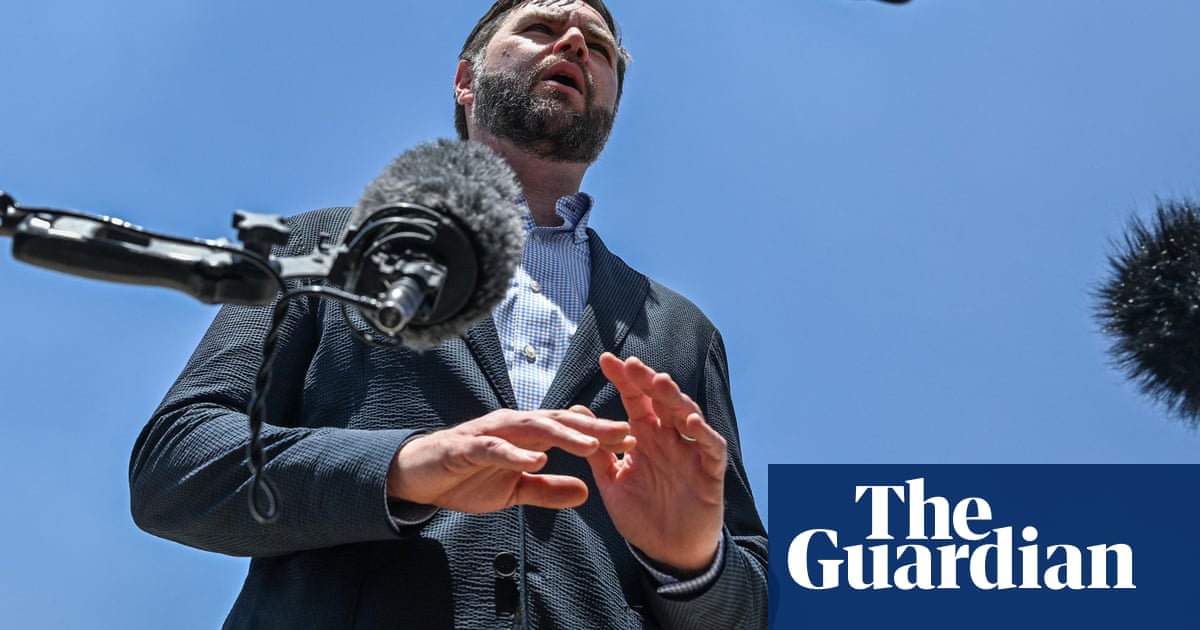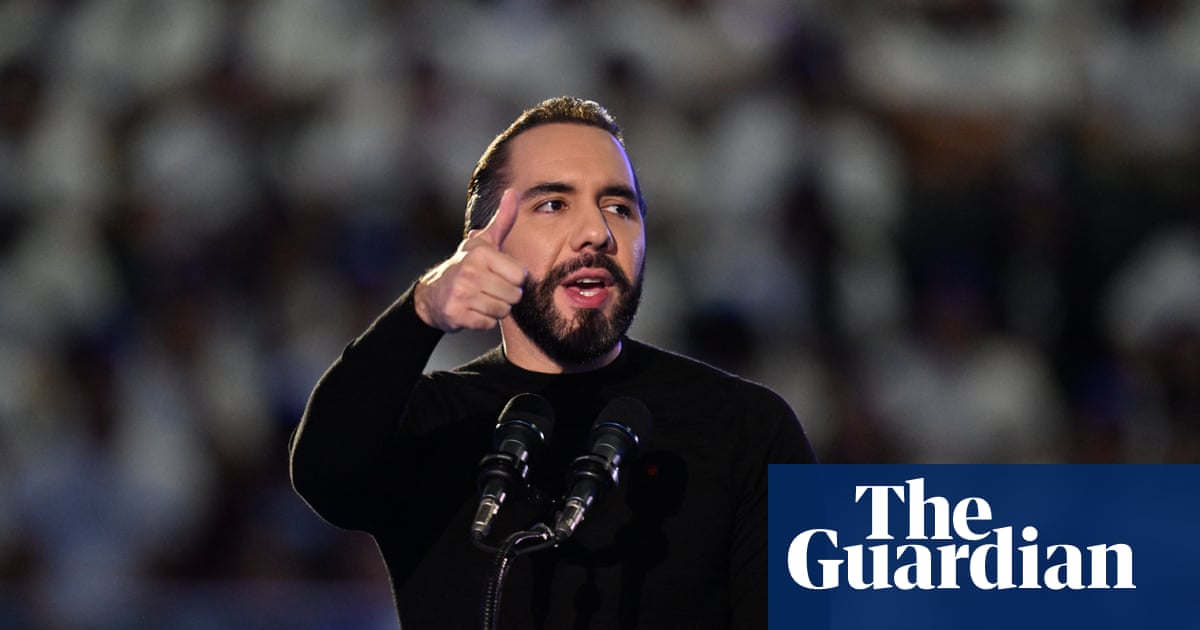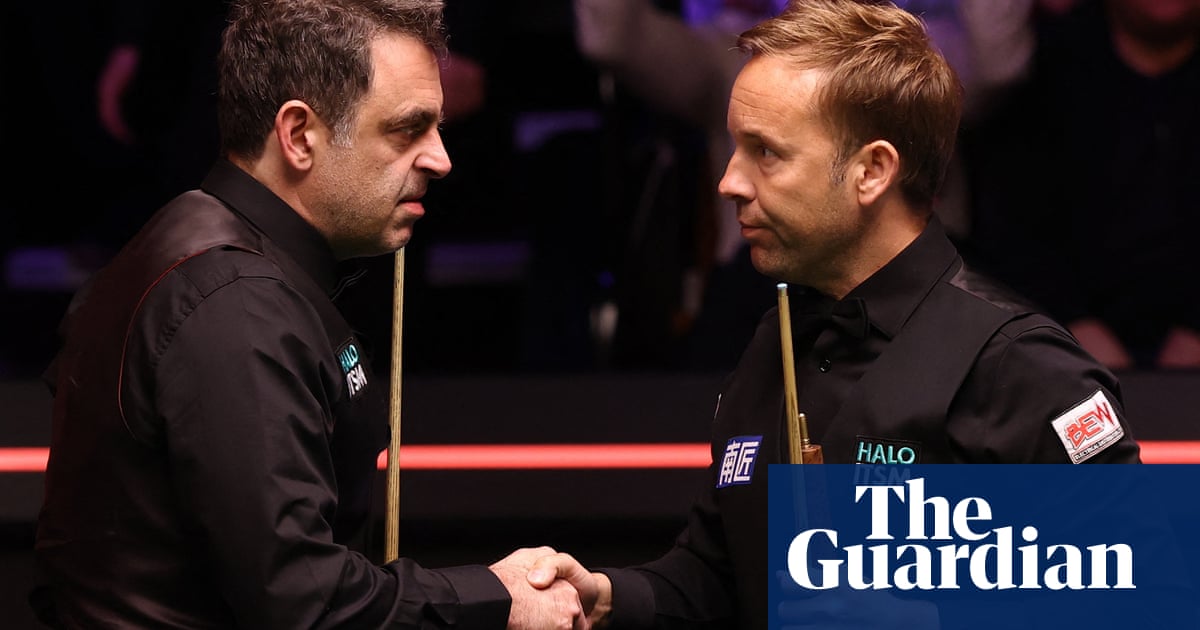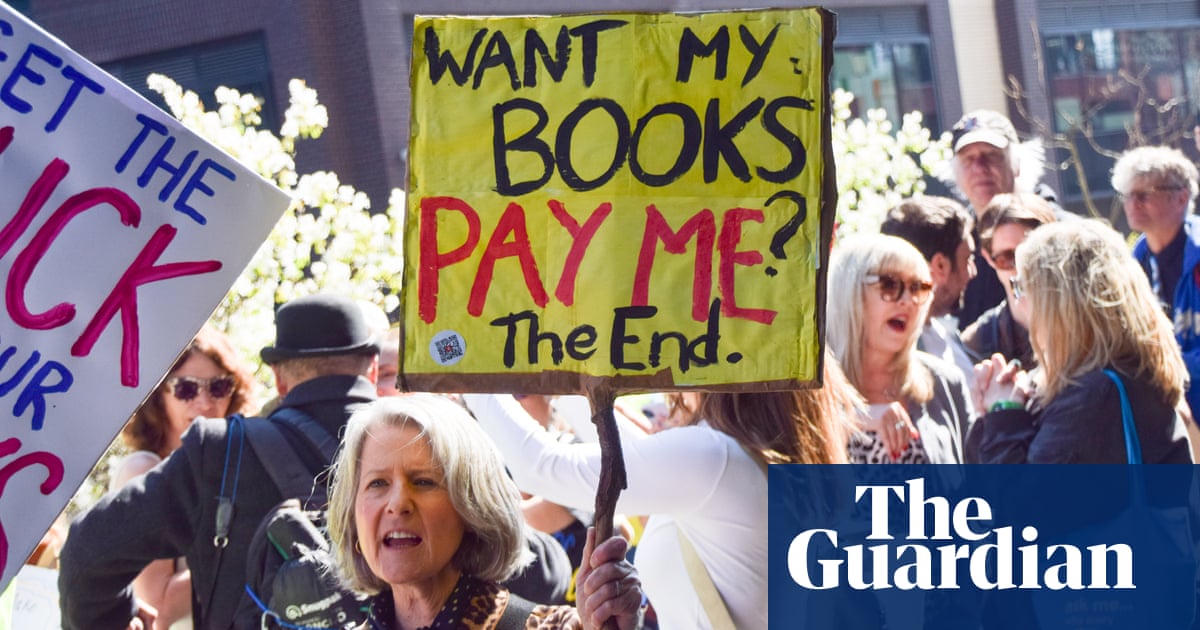
So far this year, lawmakers in at least 12 states have introduced legislation that would treat fetuses as people and leave women who have abortions vulnerable to being charged with homicide – a charge that, in several of these states, carries the death penalty.
Once seen as politically toxic, this kind of legislation has become more popular in the years since Roe v Wade fell, erasing the national right to abortion. This likely comes as no surprise to Mary Ziegler, a professor at the University of California, Davis School of Law and one of the foremost commentators on the US abortion wars. The anti-abortion movement, she writes in her new book Personhood: The New Civil War Over Reproduction, has really “always been a fetal-personhood movement” – one that is so emboldened, it is increasingly unconcerned with public opinion or even democratic norms.
Fetal personhood is the belief that embryos and fetuses deserve the legal rights and protections afforded to people. If taken to its logical conclusion in US law, this belief would not only totally outlaw abortion, but also risk pitting the rights of fetuses against the rights of the women carrying them in all kinds of circumstances. In the first year after the US supreme court overturned Roe, at least 200 people were prosecuted for conduct relating to their pregnancies. Most of these cases involved charges of child endangerment, abuse or neglect – language that treats fetuses as children.
A Guggenheim fellow who has published seven books on reproduction and abortion, Ziegler has long seen the fight for fetal personhood as the throughline in the anti-abortion movement’s centuries-long history. In recent years, with Roe gone, she grew convinced that the movement was no longer willing to pull punches in that fight.
“The trajectory has been more and more punitive, more focused on saying: ‘Justice for the fetus means punishing a larger group of people that encompasses not just doctors, but people who assist them, and potentially abortion seekers themselves,’” she said in an interview.

Personhood, which was released Tuesday, argues that the anti-abortion movement did not have to be so punitive. While anti-abortion activists have never agreed on how to best implement fetal personhood, they over time started to take more cues from Republican politicians, whose own veneration of “law and order” grew alongside its antagonism toward a social safety net. Those developments ultimately paved the way for the more extreme anti-abortion activists to grab more power within the movement.
After Roe legalized abortion nationwide in 1973, anti-abortion activists organized in support of an amendment to the US constitution that would recognize embryos and fetuses as people. (The effort never gained the political traction it needed to become a serious possibility.) Around the same time, some activists broke with mainstream anti-abortion groups to push for policies that would offer more support for pregnant women, rather than just ban abortion.
Yet the voices advocating for better daycare and housing for mothers faded away as the anti-abortion movement tightened its alliance with the Republican party. Anti-abortion activists understood that, by portraying fetuses as defenseless victims of the ultimate crime, they could energize conservative voters – and open their pockets.
“The Republican party, from the Reagan era onward, has really equated a kind of justice and equality with punishing wrongdoers,” Ziegler said. “It’s a natural fit for the anti-abortion movement: the more its fortunes relied on Republican politicians, the more it framed things the same way.”
State-level bans on abortion still do not technically punish abortion patients. (Instead, it’s abortion providers, long positioned by the movement as coercing or confusing women into the procedure, and sometimes the people who help them, who are at risk of criminal consequences.)
But, over the last few years, self-described “abortion abolitionists” have slowly migrated out of the fringes of the anti-abortion movement and moved towards its center. Unlike mainstream “pro-lifers”, “abolitionists” believe that, if a fetus is a person and abortion is the murder of that person, women should be punished accordingly: as murderers.
Neither “pro-lifers” nor “abolitionists” are particularly popular. After Roe’s collapse enabled states to make their own abortion laws, several states – including GOP strongholds like Ohio and Missouri – passed ballot measures to protect abortion rights. According to Gallup, 85% of Americans think that abortion should be legal in all or some circumstances, while a 2024 survey from the 19th News and SurveyMonkey found that 41% of Americans think “a fetus has rights starting at conception that should be protected by the government.”
Even people who support fetal personhood can have tangled, even contradictory views on the matter. Only 9% of people think that the government should restrict access to in vitro fertilization, or IVF, even though IVF as it is currently practiced frequently involves the destruction or abandonment of embryos.
None of the bills that allow abortion patients to be charged with homicide are likely to pass this year, but Ziegler doesn’t think “abolitionists” are going anywhere, for two reasons. First, the anti-abortion movement maintains a strong grip in southern Republican-dominated state legislatures, where many of these bills have emerged. Second, Ziegler believes that the anti-abortion movement is embracing “a conviction that it matters less what voters think and more what judges think”.
“If you don’t worry about what you’re doing being unpopular, and you believe that ideological consistency, or even logical consistency, is paramount, you would be more inclined to go with an abolitionist argument, and you might worry less about that having political fallout in a politically uncompetitive state,” Ziegler said. “You don’t need to convince most Americans you’re right. You only need to convince five justices on the supreme court.”
With abortion bans proving deeply unpopular in the US, circumventing popular will has become a necessity for an increasingly hardline movement.
And by relying on the courts rather than voters, the anti-abortion movement can afford to ignore voters’ misgivings.
The movement has abandoned its earlier goal of amending the US constitution to recognize fetal personhood; instead, the anti-abortion movement is now seeking to convince courts that the 14th amendment, which guarantees the right of due process and equal protection, already recognizes embryos and fetuses as people from the moment of conception. It is, according to Ziegler, yet another sign of the movement’s drift away from democratic norms.

This interest in the 14th amendment is also something of an about-face for the anti-abortion movement, which is predominantly white and has had a convoluted relationship with race for more than a century. At the time that the amendment passed, as part of a post-civil war effort to recognize Black people’s rights, anti-abortion leaders “didn’t want to talk about race because they weren’t sure that people of color were persons with rights”, Ziegler said. Over time, the anti-abortion movement began using the language of civil rights and affirmative action – but primarily to argue that fetuses are the greatest victim of discrimination.
“I think that’s one of the reasons fetal personhood language has been resonant for so long,” Ziegler said of the movement’s co-option of civil rights rhetoric. “It gives people a way to talk about equality and a way to elevate somebody as a victim of discrimination in a way that makes sense to a largely white group of conservatives.”
As Roe recedes further into the rearview mirror, Ziegler expects the movement to become even more committed to some of the most unpopular implications of fetal personhood, such as restricting on IVF. Although Republican politicians have shied away from limiting access to the treatment, the anti-abortion movement has grown more strident on the topic. Some of its leaders even condemned Donald Trump for his recent executive order supporting IVF.
“I think the anti-abortion movement is going to be still full steam ahead,” Ziegler said. “There’s an increasing sentiment in the movement that this is not about pleasing Republicans. This is not about pleasing voters. This is about the importance of this, ideologically, to the people involved.”

.png) 6 hours ago
3
6 hours ago
3













































